We are well into the age of consumerism. Nevertheless, many school Heads don’t accept that students (and their parents) are consumers when they’re making decisions about choosing a school. However, the Australian Consumer Law has applied to schools for over eight years.
The practical consequences of this were evident recently when the Australian Competition and Consumer Commission took Unique International College to the Federal Court of Australia alleging numerous breaches of the Australian Consumer Law.
Unique is a vocational education and training provider. It offered potential students courses in respect of which many students would be eligible for Commonwealth financial assistance known as VET FEE-HELP. Eligible students didn’t have to pay tuition fees. The Commonwealth paid these, and the amount paid, together with a 20 percent fee, became a Commonwealth loan to the student. The loan balance increased annually in accordance with the CPI. The debt was only repayable once the student started earning more than a prescribed minimum income. However, each student had a maximum lifetime amount which could be borrowed which meant that, even if it was never repaid, the debt diminished the amount of VET FEE-HELP available to that student in future.
Unique told some prospective students that its courses were free or would be free if the student did not earn more than the prescribed minimum income.
Unique also offered incentives: it gave students enrolled in any of its VET FEE-HELP approved courses a free laptop or iPad and paid $200 to students who referred another student who enrolled in a course.
As the courses were taught online, students didn’t have to attend Unique’s premises. Unique sent staff members on road trips to inland towns and conducted ‘sign-up’ meetings in homes in those towns – typically places where the residents were of a lower socio-economic means and/or were comprised of a higher percentage of indigenous persons than the average town in the eastern states. Unique didn’t find out whether some students were able to pay course fees nor did it explain to them the nature of the VET FEE-HELP scheme.
The ACCC attacked Unique’s enrolment system and the way it had dealt with six students. One was a 19 year old indigenous man with several disabilities. He lived in public housing with his grandmother who assisted him to complete Unique’s enrolment forms. Although he had no formal education beyond Year 10 and had only occasionally used a computer, his grandmother incorrectly wrote that he didn’t have any disability, that he had advanced computer skills and had access to the Internet. Nevertheless, the Court wasn’t critical of her. Rather, the judge said that he didn’t think that “Unique had any interest in the truth of what was said in the forms … only that the forms were completed.” The young man signed an enrolment agreement and applied for VET FEE-HELP without receiving any explanation about how that worked or the debt he would end up with. He was also given a laptop. He had heard about this from others. It was clearly a significant factor in him and his grandmother turning up at the meeting. The Court said Unique was exploiting people like this young man for its own pecuniary purposes and that its conduct was misleading. The Court also found that Unique’s conduct was unconscionable in the way that it exploited an uneducated indigenous person with no understanding of what he was agreeing to in return for a laptop which was worth substantially less than the debt incurred.
Australian school Heads would condemn Unique’s behaviour and believe that they would never act in such a fashion. Yet a close examination of many school websites, prospectuses, enrolment documents and other marketing material often reveals much that is misleading or practices that are unfair. All schools must be aware of their potential liability under the Australian Consumer Law.
More information is available in David Ford’s Enrolment Contracts paper. Contact David at codea.com.au for a copy.
David Ford is a Partner of Carroll & O’Dea Lawyers (formerly of Emil Ford Lawyers), known for his expertise in education law. With over 30 years’ experience advising Australian educational institutions, he also advises school boards on governance and conducts workplace investigations for schools. codea.com.au







